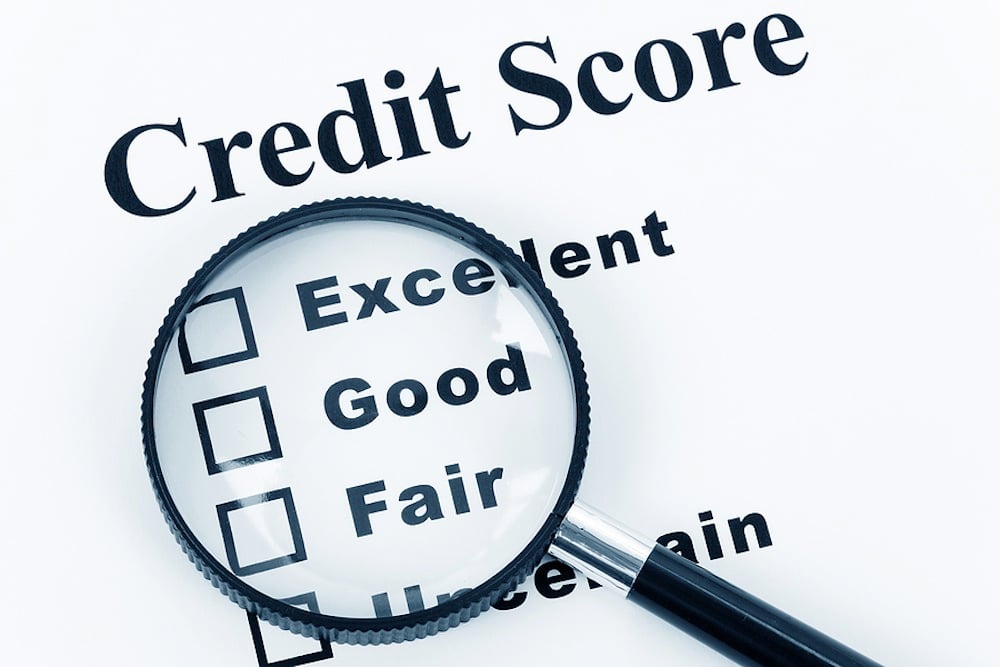July 11, 2018
When you start managing your finances, you learn pretty quickly that credit is important – but exactly what is credit?
What is Credit?

"Credit" is the shorthand name for an agreement you enter into when you receive something and then pay for it later. Credit can also refer to the likelihood that you’ll pay for those things. A person with “good credit” has a history of paying for what they’ve purchased or borrowed on time and in full, whereas a person with “bad credit” has a less reliable record. If you’re in the “bad credit” group, you’re not alone. Around 68 million people in the US have some inconsistencies in their histories.
Who keeps track of all this?
There are three major credit tracking agencies, also called credit bureaus: Equifax, Experian, and TransUnion. These companies track several statistics, including consumer spending and repayment. If you’ve ever been approved for and made payment toward a loan, a credit card, or a mortgage, you have a credit history. That history is detailed in your credit report. Often when you seek more credit or a loan, the lender checks your credit report to help determine if they want to extend credit to you. Some lenders are willing to help you if you have “poor credit,” but may charge higher interest rates or additional fees.
What Is a Credit Score?
According to Wikipedia, " A credit score is a numerical expression based on a level analysis of a person's credit files, to represent the creditworthiness of an individual. A credit score is primarily based on a credit report information typically sourced from credit bureaus."
Basically this means the three credit agencies assign a number (score) based on several factors. Timeliness and payment amounts are part of what go into the score. How long you’ve had credit, your credit mix, and your available credit as related to your credit balances are some other factors.
These scores can vary slightly depending on the reporting agency, but typically a credit score can range from 300 to 850.
A general rule of thumb is if a customer has a higher score, they are a safer risk to lend to than someone with a lower score. But this does not mean a low credit score will prevent you from acquiring credit. In fact some lenders don’t use a score, but instead base their decision on the customer’s overall situation and ability to budget for a loan.
Credit scores or reports can also be used by a landlord, a utility company, or others to calculate risk when offering services.
How Can I Raise My Credit Score?
Many consumers have a score they would like to boost. If you fall into this category, and you’d like to make some improvements to your score – great! There are lots of things you can do, but the easiest is to turn the work over to professionals.
Finance companies specialize in working with the average customer who doesn't have perfect credit. Many lenders work specifically with people who want to build up their credit, and help them qualify for a loan that not only meets their needs, but helps them establish or even improve their credit when paid back according to the terms of the contract.
Too good to be true? Not at all. Most finance companies report your on-time and in-full payments to at least one of the three major credit agencies. When you consistently make payments towards the loan, you are rewriting your credit history and raising your score.
Questions About Credit?
Contact a qualified lender to help you discuss credit, and ask how to build credit through installment loans in South Carolina and Georgia.
Disclaimer - The information provided here is intended to be educational, but is not all-inclusive, and represents no specific creditor's criteria for extending credit to any potential customer. All creditors have different criteria they consider when making lending decisions. The credit bureaus and lenders may have varying opinions of what they consider “bad,” “good,” or “excellent” credit.
For more great information on all things credit-related, head to our 'Basics of Credit' reference page.
Related Posts
March 09, 2020









